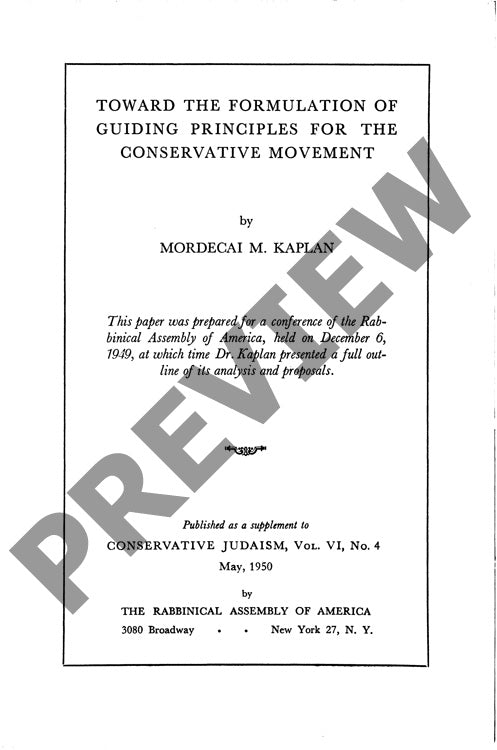Supplement Toward the Formulation of Gui
Couldn't load pickup availability
The quest for Jewish unity in the modern era faces two transformative challenges: the 19th-century emancipation into Western society and the 1948 establishment of the State of Israel. These watershed moments demand a fundamental reimagining of how Jews relate to one another as a people - their "inner status" - beyond mere civic definitions. Through comprehensive analysis of Jewish ideological divisions (Reform, Orthodox, Conservative, and Secularist), this research reveals that Jewish survival depends on embracing a concept of "peoplehood" that transcends theological differences while maintaining collective cohesion. The theoretical framework developed here identifies six essential pillars: positioning Israel as the hub of Jewish peoplehood, legitimizing theological diversity, expanding religious identity to encompass peoplehood, prioritizing universal Jewish education, building organic local communities, and establishing a formal covenant among world Jewry. Without such consensus on collective identity and purpose, efforts to strengthen Jewish institutions and education lack the vital foundation for sustained Jewish life. The Conservative Movement emerges as uniquely positioned to advocate these principles as common ground for all affirmative Jews while addressing specific concerns regarding Jewish law and practice.

More Information
-
Physical Description
-
Publication Information
Published 1950
ISBN
-
Publication Credits
Mordecai Kaplan

